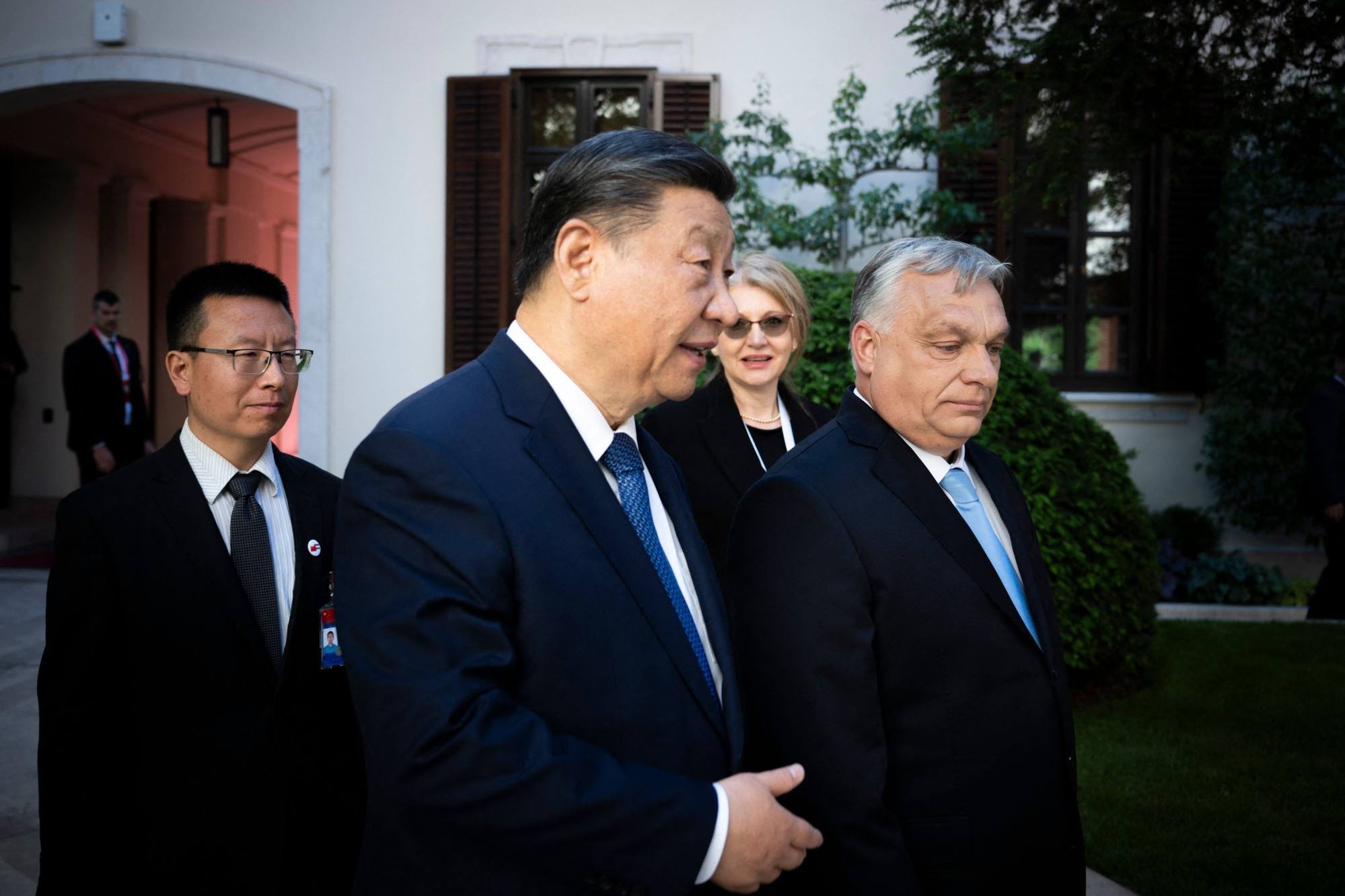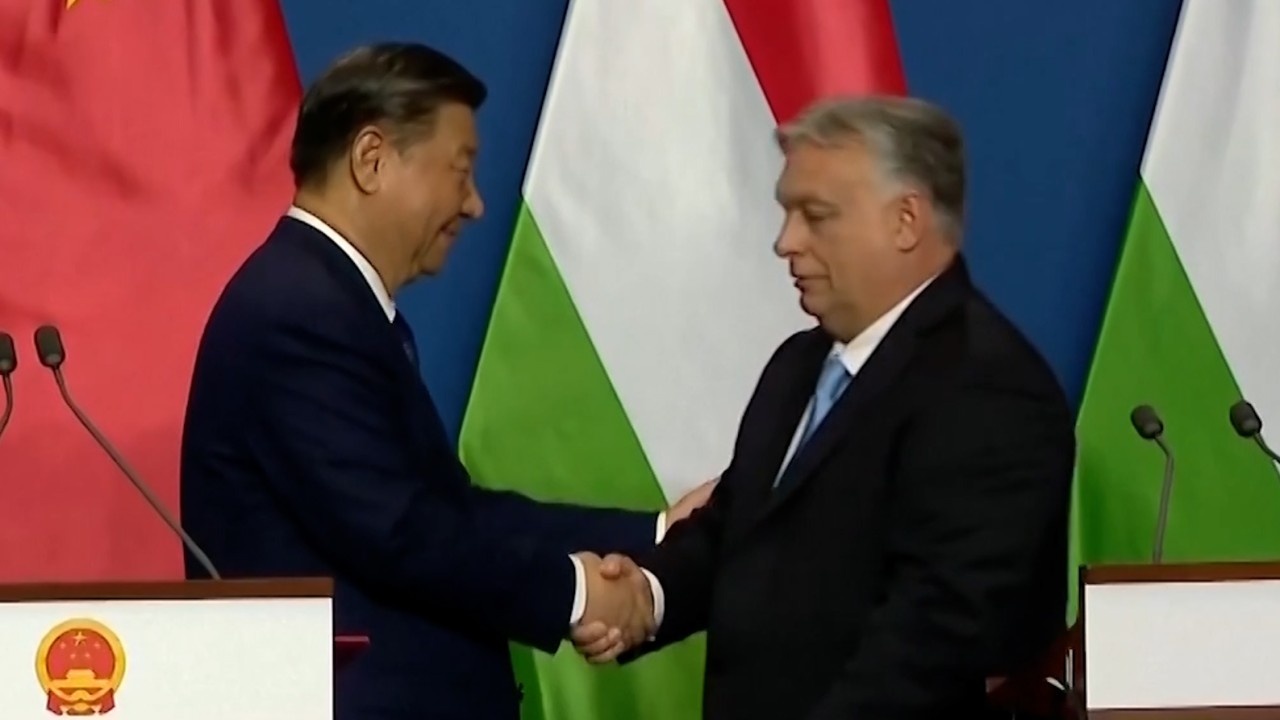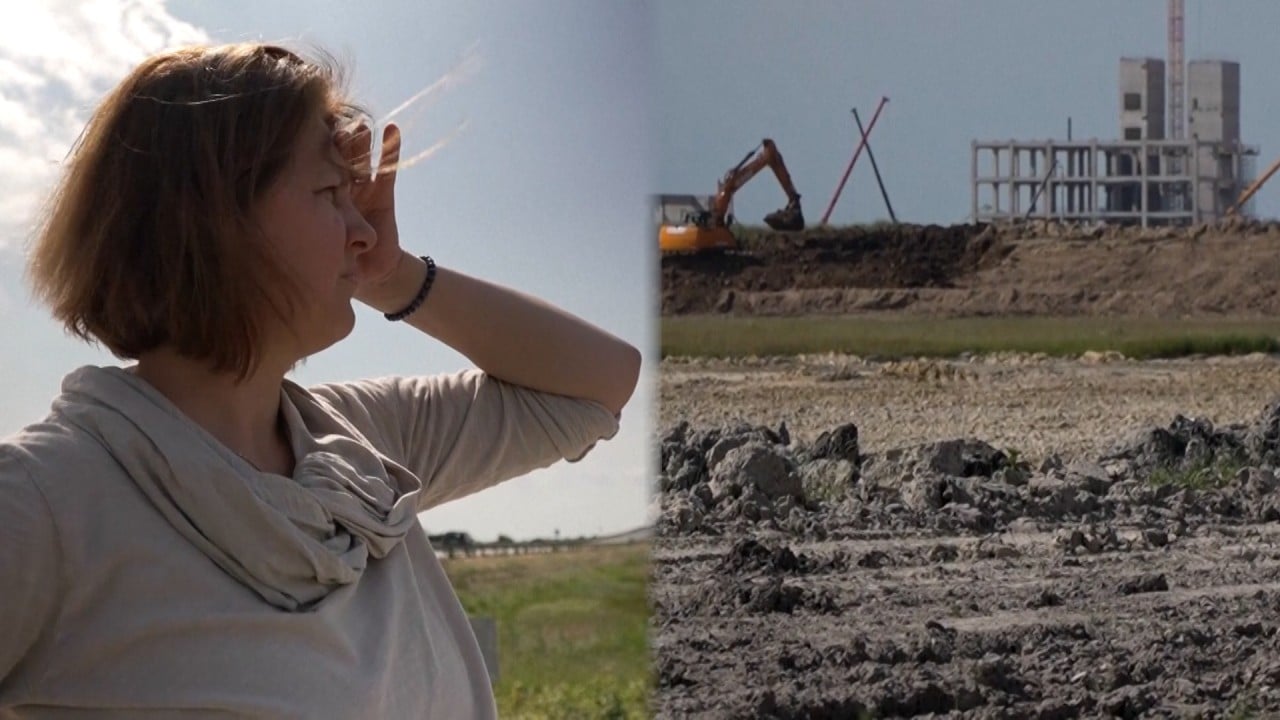
Amid blossoming China-Hungary ties, economic opportunities will depend on cultural understanding
- After Xi Jinping’s Europe visit, Hungary could play ‘mediating’ US-China role, but obstacles remain
- Beyond belt and road projects, both countries need to ‘understand’ each other better, experts say
A “structural” competition between Beijing and Washington was unlikely to change after the US presidential election in November, meaning that the Hungarian government could face pressure under another Trump administration, which might limit the scope of its cooperation with China, said Kong Yuan, a research fellow at the Chinese Academy of Social Sciences (CASS).
Orban has lent his support to his long-time ally Trump’s bid to return to the White House after meeting with the former US president for about an hour in Mar-a-Lago, Florida in March.
“If Trump were to become the next president of America, I hope that Hungary can play the mediating role between China and America, and even among China, America and Europe,” Kong said during an event at the Hungarian Institute of International Affairs (HIIA) in Budapest on Wednesday.
Kong said that common ground on many issues, including the war in Ukraine, economic connectivity, and concerns over the liberal left culture in Western countries, had brought China and Hungary closer together.
But he warned that the two countries still suffered from “a serious lack of mutual understanding”.
He said that Hungarian visibility in China remained relatively limited and many Chinese elites still had a negative view of the Orban administration due to the influence of Western narratives.
“There are few, even no serious engagements with Hungarian scholars or articles written with a Hungarian perspective,” Kong said.
“Hungary needs to engage in more academic exchanges to influence Chinese elites and consequently the Chinese people,” he said.

Ju Weiwei, vice-president and managing director of the Budapest-based China-CEE Institute established by CASS, agreed that many scholars in China still have “very little knowledge” about Hungarian academics, adding that educational and cultural cooperation could also be part of China’s Belt and Road Initiative.
Hungary was the first European country to sign a cooperation agreement with China under the belt and road strategy.
Since China and Hungary were likely to encounter “bottlenecks” in terms of markets and resources as more large-scale investment moved forward, both sides should pay more attention to “small but beautiful” projects suitable for, and welcomed by Hungarians, Ju said.
Those could include municipal transport construction, wind and solar power stations, applications for artificial intelligence technologies, agricultural products and people-to-people exchanges.
“That means people from different countries, cultures and religions should first understand each other well, then we can … [deepen] cooperation in construction, economy and trade,” he added.
China’s global infrastructure development strategy has drawn more scrutiny and questions over the increasing debt burden for host countries and the growing financial risks for the world’s No. 2 economy.
As a result, since a belt and road symposium in 2021, Beijing has put greater emphasis on softer, smaller, less risky and more profitable projects.
Beijing may have realised that China had to engage in projects closer to the lives of regular people, so that public sentiment towards its initiatives would improve, Ju said.
“I think [Beijing] gradually realised that the challenge between China and Europe, and also between China and Hungary, is not actually economic,” he said.
In Budapest on Thursday, Xi and Orban announced that the Sino-Hungarian relationship would be upgraded to an “all-weather” partnership, agreeing to expand cultural and people-to-people exchanges in their joint statement.
The belt and road scheme, as well as cultural cooperation, were among the highlights in 18 agreements signed between the two countries.
Speaking at the Wednesday HIIA event, Gergely Salat, a senior research fellow with the institute, said that both countries saw the other as an opportunity.
“China sees Hungary as an opportunity to improve its European Union ties, to keep the EU’s gates open … the Hungarian government sees China as an opportunity to enhance its room to manoeuvre, to have leeway in global affairs and also EU affairs,” he said.
Still, he added that “I think the Hungarian government is not a China fan, it’s a realist government.”



